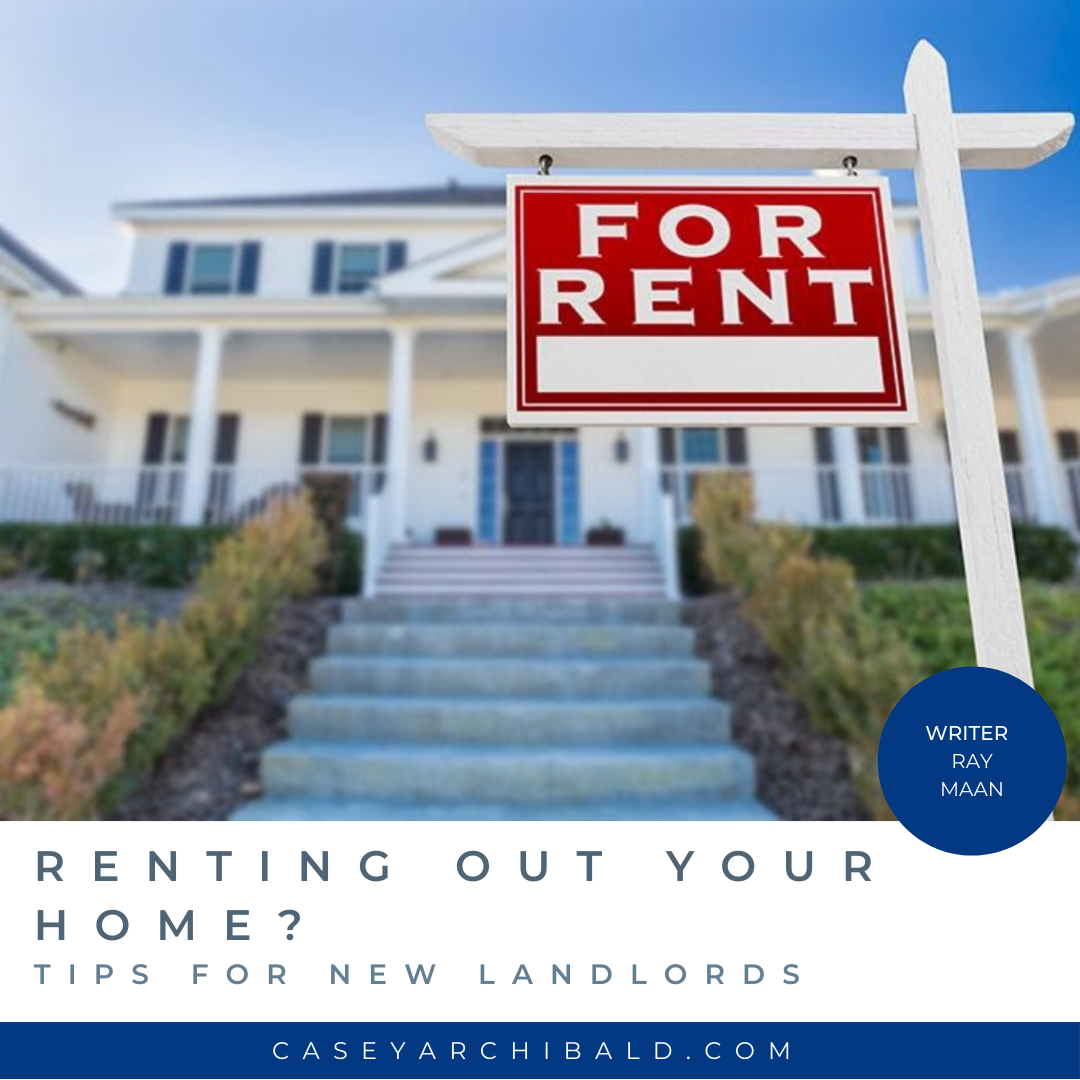
Being a first-time landlord can be challenging and confusing but we have created a list of 10 things to consider in order to help you run a stress-free rental business.
-
Treat Your Rental Property Like a Business
A rental property really is a business and it should be operated and cared for as such. It is important that you talk to your insurance agent to ensure your investment is properly protected in case damage does occur, this can help you avoid headaches in the future. It is also important to talk with your accountant about how your rental income could impact your taxes.
-
Follow all Local Guidelines and Laws Regarding Residential Tenancies
Following the local guidelines and laws is a very important part of being a landlord. Take the time to educate yourself on the BC Residential Tenancy Act and familiarize yourself with the rights of both tenants and landlords. Furthermore, become familiar with the proper way to engage a tenant using the appropriate written agreements, and how to serve any notice to the tenants as you may need to in the future.
-
Ensure your Rental is Covered by the RTA (Residential Tenancy Act)
This is a big one! Tenants have a lot of terms in the RTA that protect them and there are only a few scenarios where you can serve a notice to end the tenancy. There are plenty of British Columbians who rent out a portion of their homes to collect rental income, and there are a few different types of accommodations:
-
Legal Authorized Accommodation
-
Unauthorized Accommodation
-
Illegal Accommodation
Legal authorized accommodation is a suite that has been approved by the city and meets their secondary suite requirements. In most cases, if you are renting a whole home out (unit in an apartment building or townhome complex), it will be deemed as legal authorized accommodation.
Unauthorized accommodation is a suite that does not meet all the requirements of a legal suite (fire separators, smoke alarms, door heights, laundry, suite entrances, etc), however, it will still have bedrooms, bathrooms, and a kitchen separate from the rest of the house. Typically, 80% of rental suites out there are unauthorized, and they continue to run with very few issues.
To make the unauthorized suite an authorized suite, you can go to the city and get the permit to make it a legal suite if possible. This way, you will ensure adequate property and home insurance, and it helps the value of your home as well. Furthermore, if you ever have an issue with asking tenants to leave, with a legal suite, you can take your case to court whereas the judge will typically not consider cases that have unauthorized or illegal suites.
Illegal accommodation is a suite that could potentially be dangerous to the people living there. If you have an illegal suite and someone complains to the city, you could be fined and prevented from renting the space.
-
Market the Home Appropriately
Take nice pictures of a clean space! This one is simple but makes a huge difference. With a clean space that is well lit along with nice and clear pictures, it will typically bring more qualified tenants to showings.
-
Set the Right Rental Price
We always recommend sifting through comparable rental listings online. Facebook Marketplace is a great place to check and compare your space and condition of the home to others and price it from there. We like to price the suites a couple of hundred dollars above the market rate in order to get some more qualified tenants interested.
-
Specify what the Rental Price Includes
Does it include utilities? How many people are allowed to live in the space? Can the tenant smoke or grow cannabis in the suite? Are pets allowed? These are all questions that you should have the answer to before committing to a tenant. Make your rules very clear with prospective tenants and include the rules in the written tenancy agreement.
-
Require a Rental Application and Check References
There are plenty of examples of rental applications online. It is always nice to have a form that has all the tenants’ information and references. Call the previous landlord and interview the tenant as well…ideally, you would want someone who is working full-time, keeps the place clean, as well as someone who is polite and punctual.
-
Collect Rental Income in an Organized Manner
A lot of people pay rent by cash or e-transfer. Ensure you get paid on time and provide a receipt to the tenant every time you receive the rental payment. Keep digital copies of everything including the tenancy agreement as this will avoid confusion in the future for both yourself and the tenants.
-
Keep Good Tenants
If you have entered into a 1-year fixed-term tenancy agreement with tenants that are fantastic, renew the lease! Finding great tenants can be tough and time-consuming, so don’t wait until the last month to ask them…see what their situation is 3-months before the end of the term.
-
Stay on Top of Things
Repair things that need to be taken care of…the tenants will take care of the home if they see that you care about it too! We recommend that you do a monthly walk-through of the suite to ensure there isn’t major wear/damage and that things are being kept clean.
There you have it! 10 things that should help you find the right tenants and manage your new rental business in an organized manner.
Have more questions? Give me a call, I’d love to chat!
-Ray Maan
(604) 365-2020

